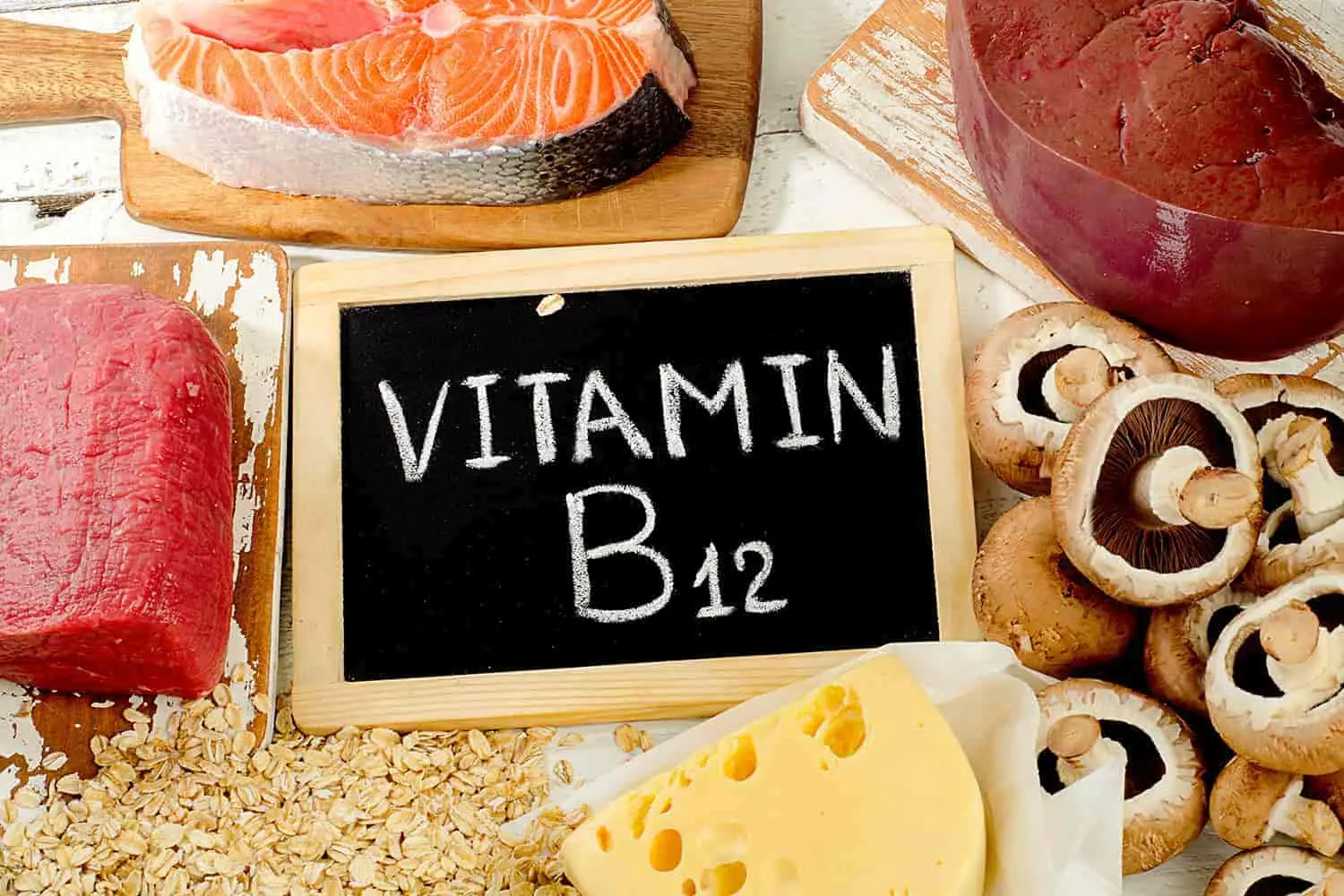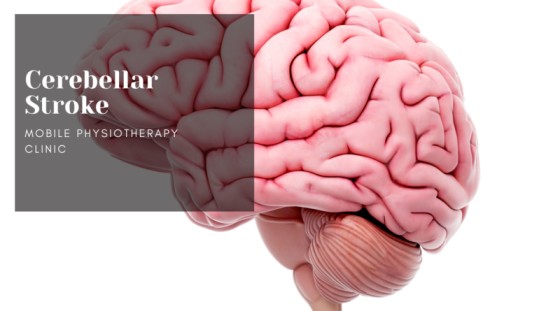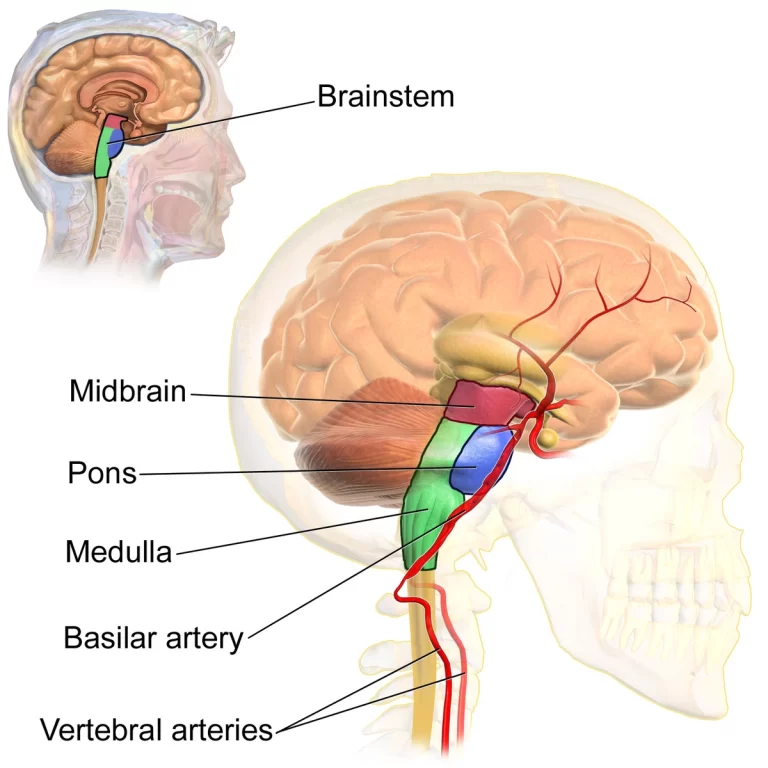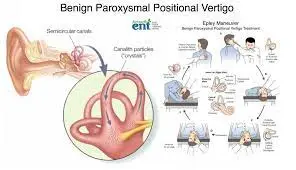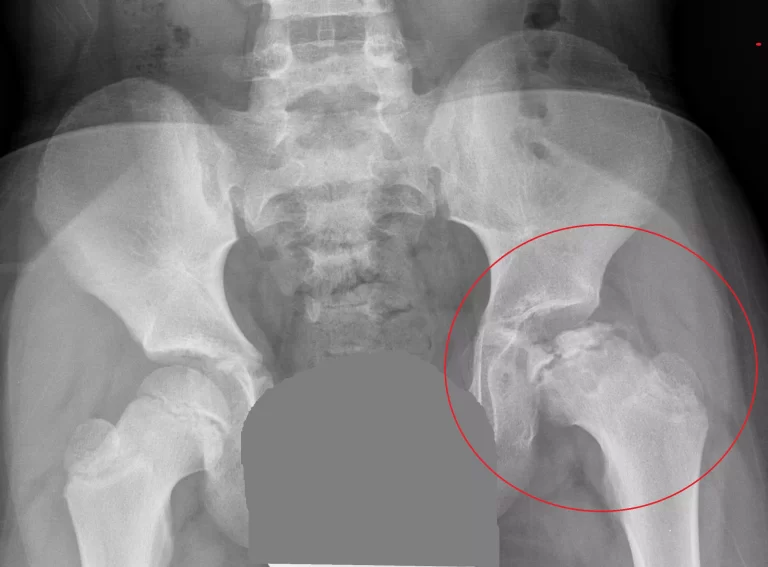High Vitamin B12 Level (Hypercobalaminemia)
High vitamin B12 levels, also known as hypercobalaminemia, refer to elevated concentrations of vitamin B12 in the blood. Vitamin B12, also called cobalamin, is a water-soluble vitamin essential for various physiological processes in the body, including the formation of red blood cells, DNA synthesis, and proper functioning of the nervous system.
What is Vitamin B12?
Vitamin B12, commonly known as cobalamin, is an essential component that plays vital functions in red blood cell development, cell metabolism, neuron function, and DNA synthesis. It is suggested that individuals consume 2.4 mcg of B12 every day.
B12 levels are controlled through a complex bodily process that involves intake from food or supplements, absorption, transport, cellular uptake, and excretion.
Under normal circumstances, the body maintains stable blood levels of B12. However, in some people, these levels can become too high, a condition known as vitamin B12 excess. This occurs when intake exceeds the body’s ability to absorb and process this vitamin over an extended period. High B12 is considered at levels above 900 picograms per milliliter. Prolonged excess has the potential to lead to serious adverse effects.
Causes of High Vitamin B12 Level
There are several potential causes of elevated B12 blood concentrations:
Liver Disease
The liver plays an integral role in vitamin B12 regulation through the production of bile acids. These bind to B12 to aid absorption. Dysfunction of bile production or bile flow obstruction in conditions like primary biliary cirrhosis, hepatitis, and alcohol liver disease can therefore allow unbound B12 to accumulate.
Supplementation
Consuming B12 supplements beyond the Recommended Dietary Allowance, especially through injection can overwhelm normal absorption processes. Supplementation is increasingly common, particularly in elderly populations. Dosages many times higher than natural levels can result.
Inherited Disorders
Certain rare genetic conditions affect proteins vital to cellular B12 trafficking and metabolism leading to serum accumulation despite normal dietary intake. For example, defects in the MMACHC, MMADHC, or methylmalonic aciduria type A proteins prevent B12 from leaving cells. These disorders often cause homocysteine buildup.
Symptoms and Effects
In most cases, elevated blood concentrations of B12 do not cause any noticeable symptoms, especially in the short term. However, there are some potential side effects and complications that can occur if levels remain very high for an extended period:
• Blood Clots: Research indicates connections between seriously high B12 and an increased risk for venous thromboembolism (VTE) which involves dangerous clots in the veins. It is thought that excess B12 may promote blood coagulation and platelet aggregation.
• Acne: Multiple studies have found associations between high vitamin B12 and prevalent acne, especially more inflammatory forms. The mechanisms behind this correlation remain unclear.
• Mood Changes: In very rare cases, severely high amounts of B12 over a long period have been linked to symptoms of mania such as euphoria, impulsive behavior, racing thoughts, and reduced sleep need. The reasons for this are not yet fully established.
• Heart Disease & Cancer: A few analyses suggest that prolonged and pronounced B12 elevation may potentially contribute to greater risks of certain cancers and cardiovascular diseases. However, more research is required to determine direct causative links.
Diagnosis
Doctors can diagnose excessively high vitamin B12 status through:
• Blood Tests: Serum B12 levels well over 900 pg/mL indicate excess. Testing blood concentrations of other interconnected nutrients like folic acid and homocysteine also aid in diagnosis.
• Organ Function Tests: Assessing liver enzymes, bilirubin, serum albumin and prothrombin time helps reveal any reductions in liver function that may be preventing B12 excretion. Kidney tests help rule these out as a cause.
• Underlying Condition Evaluation: Testing for anemia, bone marrow cell morphology, intrinsic factor antibodies, and genetic mutations can identify disorders preventing cellular B12 uptake. Abdominal imaging assists with the evaluation of liver, pancreas, and kidney abnormalities.
Treatment of High Vitamin B12 Level
Treatment targets the underlying cause of elevated B12 levels and helps prevent further increases and associated adverse effects through:
• Supplement/Injection Cessation: Patients with excess B12 due to high dosage supplementation or injections will be advised to immediately cease these or reduce to recommended daily amounts if deficiency is also present. This facilitates the gradual normalization of concentrations.
• Condition Monitoring: If high serum B12 stems from a condition like liver disease, leukemia, or diabetes then disease-specific medications or interventions will proceed as normal while monitoring to ensure levels decrease to normal ranges over time.
• Genetic Testing: Patients will undergo screening and counseling for hereditary disorders impacting cellular B12 transport proteins or cobalamin metabolic pathways which result in blood accumulation despite adequate intake.
• Symptom Management: Though rare, some patients experience bothersome symptoms from prolonged, significantly high B12 like severe acne, thromboembolism risk, or mood changes. These are managed through standard treatments while serum levels fall.
Stop B12 Supplements or Injections
The most straightforward treatment is simply stopping vitamin B12 supplements or injections if they have caused the high levels. This removes excess intake allowing the body to naturally normalize B12 over time through normal metabolism and excretion.
Treat Underlying Conditions
If high B12 is due to an underlying disorder like liver disease, leukemia, or diabetes, then treating the condition itself with standard medical therapies can gradually lower levels concurrently.
Medications That Impact B12 Levels
Though not commonly used solely for excess B12, certain medications that deplete B12 stores have demonstrated efficacy in accelerating reductions in extremely high amounts:
- Cholestyramine – Bile acid sequestrant that interferes with B12 intestinal absorption
- Colchicine – Anti-gout medication that inhibits intracellular B12 trafficking
- Ascorbic Acid – High dose IV vitamin C therapy enhances B12 renal excretion
- Corticosteroids – May accelerate vitamin utilization/turnover
Phlebotomy
Frequent blood draws can directly eliminate excess circulating B12. This mechanical removal option is rarely required except in hereditary cases unresponsive to other measures.
Dietary Restriction
Limiting ingestion of B12-rich foods like meat, fish, eggs and dairy may help stabilize levels following initial treatment if due to overconsumption rather than medication or supplements.
Increase Folate Intake
Higher folate status can reduce serum B12 levels through feedback inhibition of absorption. Supplemental folic acid may thus help normalize excess.
Risks if Untreated
Allowing vitamin B12 levels to remain extremely elevated long-term can increase the dangers of:
• Accelerated Heart Disease: Unresolved excess B12 prevents decreases in high homocysteine back to safer concentrations which then continues exacerbating atherosclerosis and thrombus formation heightening myocardial infarction and stroke odds.
• Neuropsychiatric Disturbances: In worst-case scenarios where B12 concentrations approach or exceed 2000 pg/mL without appropriate treatment, patients may eventually suffer problems like seizures, dementia, psychosis, and movement disorders.
• Underlying Illness Complications: Leaving elevated B12 untreated allows the advancement of associated hepatic illnesses and hematologic malignancies which gives greater opportunity for complications like cirrhosis, portal hypertension, bone marrow failure, and tumor metastasis.
Summary
Vitamin B12 plays many vital roles in the human body for DNA synthesis and metabolism. If B12 absorption and cellular uptake processes become disrupted, high levels can accumulate in the blood, usually over 900 pg/mL. While no immediate side effects might appear, prolonged excess does pose several health risks including blood clots, acne, mood changes, and possibly heart disease.
Underlying conditions like liver disease, certain cancers, or inherited genetic defects are linked with elevated levels. Treatment involves identifying and addressing the cause, ceasing excessive supplementation, monitoring the progression of associated medical conditions, and managing symptoms sometimes associated.
Without lowering levels, the consequential progression of related conditions can lead to thromboembolism, neuropsychiatric issues, or worsening disease complications.
FAQs
What are the symptoms of having a high vitamin B12 level in the blood?
Most people with high serum B12 are asymptomatic initially. Some very rare symptoms that may eventually appear include anxiety, irritability, tremors, nausea, peripheral neuropathy, skin hyperpigmentation, and premature atherosclerosis.
How high is too high for B12 levels?
Doctors consider B12 levels above 900 or 1000 pg/mL to be higher than normal. Levels over 2000 pg/mL for extended periods increase health risks substantially.
Can taking too many B12 supplements increase levels dangerously?
Yes, consistently taking supplements well beyond the daily recommended amount can overwhelm the body’s ability to regulate absorption and cellular uptake leading to blood accumulation.
Is high B12 serious?
Mild elevations generally cause minimal issues but untreated levels above 2000 pg/mL can potentially lead to blood clots, accelerated neurological decline, and cancer progression depending on the underlying disorder involved.
How can excess B12 levels be lowered?
Removing the source of excess by stopping unnecessary supplementation while treating any associated illnesses allows the body to eventually normalize vitamin concentrations. In rare cases, medication may help accelerate reductions.
Reference
Rd, J. K. M. (2023, February 24). How Much Vitamin B12 Is Too Much? Healthline. https://www.healthline.com/nutrition/too-much-vitamin-b12#helpful-or-harmful
Braverman, J. (2018, December 14). Signs & Symptoms of High B12. LIVESTRONG.COM. https://www.livestrong.com/article/374162-signs-symptoms-of-high-b12/
Vitamin B-12. (2023, August 10). Mayo Clinic. https://www.mayoclinic.org/drugs-supplements-vitamin-b12/art-20363663

